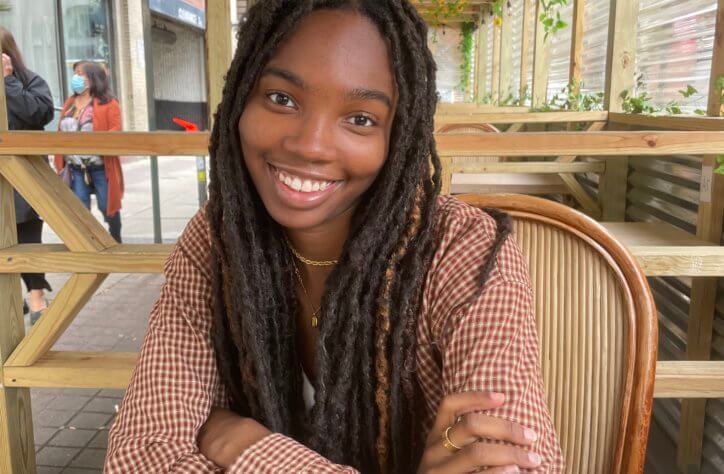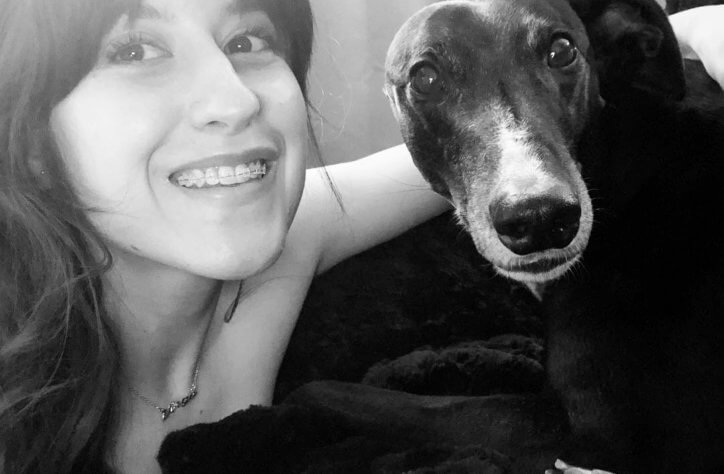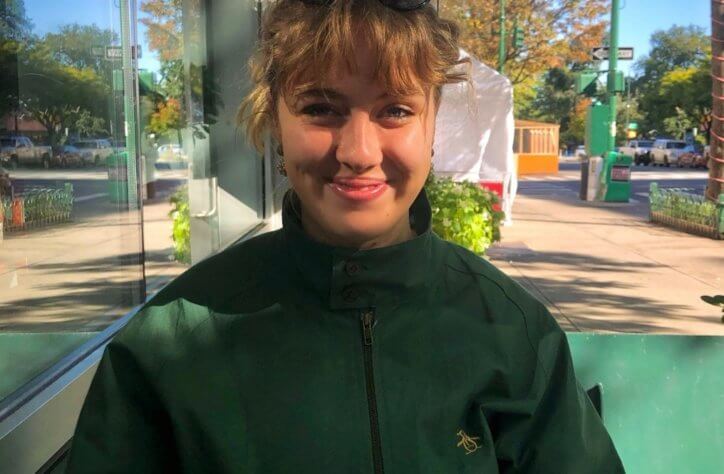In the UK alone, 90% of women and girls[1] report experiencing street harassment in their daily lives. This sole statistic is disgraceful, and it does not take into account other marginalised groups in society that are harassed for reasons beyond their control. Two-thirds of schoolgirls have reported unwanted sexual attention in public spaces, with a third of underage girls stating that this harassment has occurred whilst they were in their school uniform. Everyone knows somebody who has experienced street harassment and if the enormity of our collective stories was not enough, the statistics surrounding the issue leave no room for debate.
Street harassment is not only threatening and damaging, it is a manifestation of misogyny and sexism, as well as racism, homophobia and general intolerance. Some forms of harassment may seem less scarring than others, but nearly everyone who has experienced street harassment has a story of an incident that went too far. From following and stalking, to physical and sexual assault, the possible outcomes of street harassment are terrifying and enough to make us permanently change our behaviours and routines. For people who experience misogyny, it is never just a catcall or a wolf whistle. It is never just a lone comment or a honk of your horn. It is never a compliment. It is the threat of what comes after that. With our keys in between our fingers, headphones glued to our ears and about 100 pre-planned escape routes, we live our lives in constant fear and anxiety. Street harassment has become so normalised in society that we just accept it now, but something has to change.
OurStreetsNow are campaigning to make all forms of street harassment illegal and a reportable offence like it is in France, as we believe that it is only through recognising it as an offence that we can bring it to an end. Started by sisters Gemma and Maya Tutton, the campaign has two main focal points – awareness and action. Legal action is vital – yes – but we also believe that our voices have been silenced for far too long and that is about time we started to speak out. Within the first year of legislative change, France saw 700 fines issued against street harassment, highlighting just how strongly people will stand up against this when given the option.
Street harassment is a common occurrence for women and marginalised people but is hardly ever discussed in public spaces. We believe that by sharing our stories and coming forward with testimonies, survivors will be empowered and begin feeling significantly less alone and isolated. We are often left feeling silenced and powerless after experiencing harassment, which only adds to the immense feelings of shame and guilt that we feel. Speaking up and speaking out about our experiences allows us to take back the power and can often be a cathartic and healing process. If more than half of our population has a street harassment story to tell, it only makes sense that we have a safe place to do so.
In addition to this, our testimonies help shape an inclusive approach to dismantling this issue, which is crucial in tackling any form of gender-based violence. In the simplest of terms, the testimonies we receive allow us to step into someone else’s shoes and understand perspectives we would normally not be exposed to. The unwanted sexual attention we experience crosses all border and boundaries, which is why OurStreetsNow believe an intersectional approach is the only way to bring it to an end.
Street harassment varies between different groups in society, not just in its prevalence but in its type. Women of colour, for example, are statistically more likely to experience street harassment than their white counterparts, with the harassment often being more aggressive and racially fuelled. People we have interviewed speak openly about the racial slurs and insults thrown at them, as well as the speed in which sexist comments turn into racism, regardless of whether you react or not. Members of the LGBTQ+ community also experience a higher volume of street harassment, as the probability of physical violence is much higher amongst the community than for their heterosexual and/or cisgender equivalents. The links between fatphobia and street harassment are equally as worrying, as abuse often takes the form of physically and sexually abusive threats and violence. One woman describes it as an almost double punishment with the harassment being taken to ‘another level because they think my body deserves even less respect.’
There is no single way to experience street harassment or to be targeted, and each story is equally as valid and worthy of attention. The more we learn about street harassment, the more we realise how deeply complex and extensive the issue is, as there are more groups of society that it impacts than not. The government’s recent recognition of street harassment as a form of gender-based violence only emphasises this further, as it highlights just how toxic and dangerous this behaviour is. Street harassment is not harmless, nor is it meaningless or trivial. It is an invasion of privacy and a violation of safety and security. It should be illegal, and people should be held to account for their actions and the way they make others feel.
We deserve to feel safe on our streets. We deserve to comfortable in our skin. We deserve to be empowered by our differences and what makes us unique. Our streets should not be a battleground for safety and security, but until we can all walk home without fear, the fight will continue.
If you feel the same way as we do about street safety, please sign our petition and follow @OurStreetsNow on social media.
[1] By women, we refer to all those who self-identify as women and/or those who are perceived to be women and/or those who experience misogyny.
Written by Ammaarah Zayna









